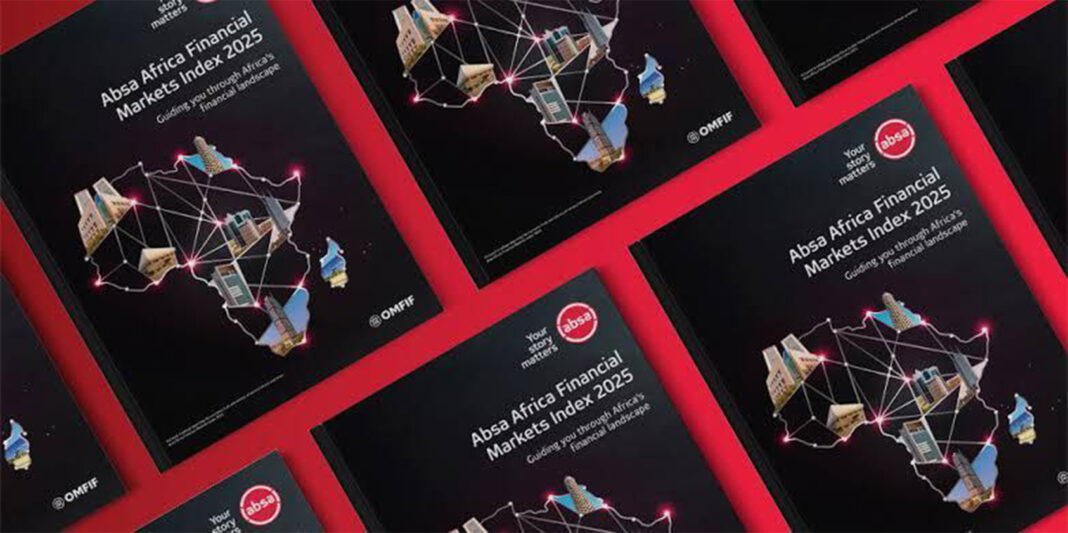Ethiopia is projected to achieve Africa’s highest annual GDP growth rate at 7.4% over the next five years, but its financial system is being tested by significant structural weaknesses, according to the latest ABSA African Financial Markets Index (AFMI) 2025 report.
The report praises Ethiopia’s promising macroeconomic outlook but ranks the country last among 29 African nations assessed, with a total score of 35 points. This low ranking reflects key vulnerabilities in Ethiopia’s financial infrastructure that threaten to undermine its economic potential.
One of the most critical issues highlighted is the country’s shallow capital market. Ethiopia scored only 10 points—the lowest possible—on the market depth pillar. This indicates a weak capital market unable to adequately mobilize domestic savings or attract substantial foreign investment. The lack of a deep and liquid market restricts long-term financing opportunities and hampers economic diversification.
In addition, Ethiopia earned a similarly low score of 10 points on legal standards and enforcement. Deficiencies in the legal framework reduce the reliability of processes critical to financial transactions, increase risks, and erode investor confidence. Strengthening legal institutions is vital to fostering a robust environment for business and investment.
Another area of concern is Ethiopia’s underdeveloped pension fund sector, scoring just 11 points. Pension funds serve as major institutional investors, providing stable, long-term capital for government and corporate debt markets. The sector’s weakness suggests Ethiopia struggles to channel domestic savings into productive investments, leaving the financial market overly reliant on short-term liquidity and foreign financing.
The AFMI report also flags Ethiopia’s urgent challenges in macroeconomic stability and foreign exchange (FX) management. The country is identified as one of three currently facing debt distress in Africa, which remains a significant impediment to integrating more deeply into capital markets. Although macroeconomic environment and transparency scores showed modest improvement—reaching 71 points—the debt crisis continues to limit progress.
Despite these challenges, the report recognizes Ethiopia’s strides toward reform. On market transparency, taxation, and regulatory environment, Ethiopia scored 55 points, reflecting meaningful efforts to improve the availability and reliability of financial information. The Central Bank has modernized its FX framework by formally adopting the FX International Regulation, a voluntary regime that promotes best practices in foreign exchange markets. This initiative seeks to enhance market confidence, reduce transaction costs, and boost cross-border trading.
The ABSA AFMI 2025 report concludes that building transparency, strengthening legal stability, and expanding domestic institutional investment are essential to unlocking Ethiopia’s—and Africa’s—economic potential. To translate its high GDP growth forecasts into a sustainable and robust financial system, Ethiopia must prioritize resolving its acute debt issues and addressing significant shortfalls in market depth.
While progress in foreign exchange regulation and information transparency is promising, the report underscores the urgent need for Ethiopia to rapidly develop its market infrastructure and legal frameworks. Only through these reforms can the country fully harness its economic promise and foster a resilient financial ecosystem capable of supporting inclusive growth.
The report’s findings sound a call to action for policymakers, investors, and international partners: Ethiopia’s path to becoming an economic powerhouse depends not only on growth rates but on building a deep, transparent, and stable financial system.







